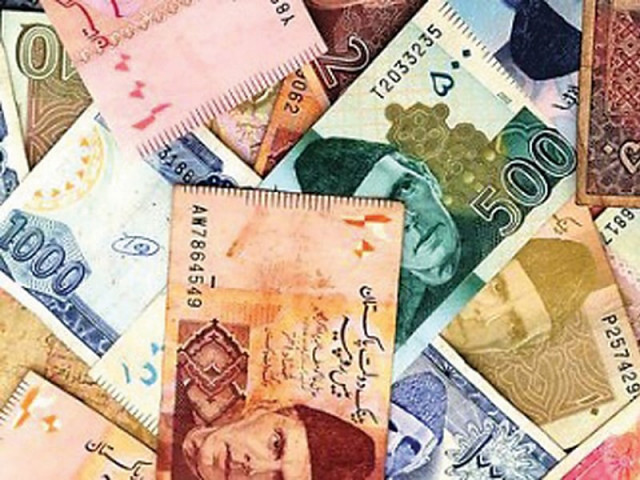Anti-money laundering: Asian Pacific Group to visit Pakistan in April
Delegation to brief officials on how to prepare and prioritise the action plan to exit FATF list

Sources in the Finance Ministry said Pakistan’s reporting to the FATF in past months suffered due to differences between the former finance minister Ishaq Dar and former interior minister Chaudhry Nisar. PHOTO: EXPRESS/FILE
The APG delegation will visit in the second week of April and brief senior government ministers and officials on how to prepare and prioritise the action plan, said the Finance Ministry on Tuesday.
Pakistan will be required to develop the action plan in consultation with the APG and stakeholders. The ministry said “maximum international support is quintessential at the Financial Action Task Force (FATF) and the APG” after the country was ditched by its allies during the FATF meeting last month.
The AGP ensures the adoption, implementation and enforcement of internationally accepted anti-money laundering and counter-terrorist financing standards as set out in the FATF recommendations.
The FATF decided to place Pakistan on a list of countries that financially aid terrorism with effect from June – a move that the government still believes was ‘politically motivated’. The FATF is the global standard setting body for anti-money laundering and combating the financing of terrorism.
Grey-listing by FATF does not affect Pakistan's ability to borrow money: IMF deputy director
About two and half years ago, the global body had struck off Pakistan’s name after the country agreed to take actions against Hafiz Saeed’s Jamaat-ud-Dawa (JuD) and the Falah-e-Insaniyat Foundation (FIF) and Lashkar-e-Taiba.
The US and UK jointly submitted a resolution to the FATF nominating Pakistan for placement in the grey list. France and Germany subsequently joined this nomination.
The Finance Ministry’s written statement that it submitted in the National Assembly Standing Committee on Finance underlined that the FATF had no evidence against Pakistan expect “certain non-credible pictures to support the nomination” of Pakistan on grey list.
The ministry further added that Pakistan’s placement on the grey list substantially rested on actions that became the base for deleting the country’s name from the grey list in 2015.
However, Pakistan is now required to submit an action plan in May in order to be removed from the list in the coming months or years. Once the FATF approves this action plan in June, there will be a formal announcement from FATF about placing Pakistan on the grey list.
Pakistan believes that contrary to the perception its placement on the grey list would not adversely affect the $300 billion economy.
If Pakistan fails to submit a plan, the FATF has the option of placing the country on its black list, which carries adverse implications. This limits Pakistan’s ability to decide whether it should cooperate with the FATF or not due to the global body’s ‘unjust decision’.
Risks to Pakistan's economic outlook have increased: IMF
The Finance Ministry also shared the synopsis of actions that it will be required to undertake with the National Assembly body. The ministry said Pakistan has to impose targeted financial sanctions to properties of entities listed or proscribed under UN Security Council Resolutions 1267 and 1373.
It will also have to investigate, prosecute and convict people on terrorism financing offences –an area that the government officials said was weak. The government will also have to ensure supervision of financial institutions to counter terrorism financing. It has to take measures against money service business and curb illicit cross-border cash transactions.
The Finance Ministry also emphasised a regular monitoring mechanism to ensure progress on the action plan which is also a weak area due to intra-ministry rivalries.
Sources in the Finance Ministry said Pakistan’s reporting to the FATF in past months suffered due to differences between the former finance minister Ishaq Dar and former interior minister Chaudhry Nisar.
They said Interior Ministry was not happy with the proactive approach that the Dar-led Finance Ministry adopted to take certain corrective measures.
After one of the steering committee meetings held under the Anti-Money Laundering Act framework, the Interior Ministry showed certain reservations, which eventually slowed down the whole reporting process, they claimed.



















COMMENTS
Comments are moderated and generally will be posted if they are on-topic and not abusive.
For more information, please see our Comments FAQ